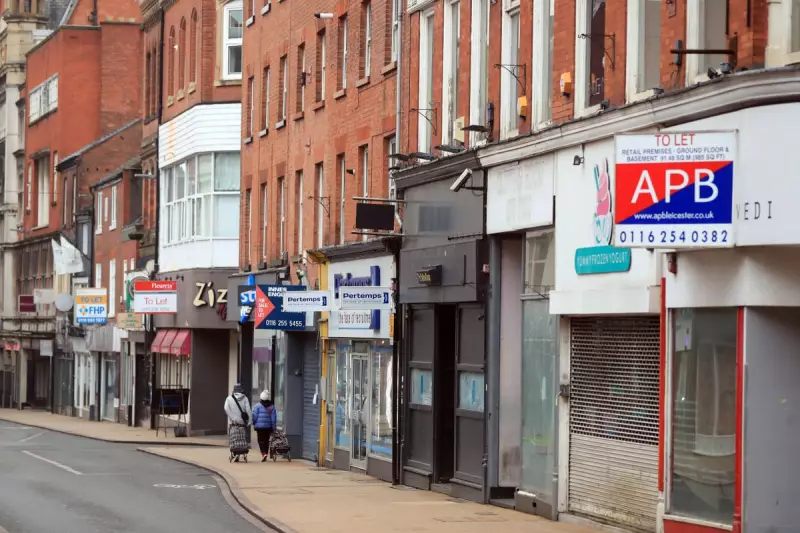
In a landmark speech delivered to business leaders and investors, Chancellor Rachel Reeves has launched a blistering attack on Britain's 'antiquated' planning system, branding it the single greatest obstacle to economic growth.
The new Labour Chancellor promised a ‘blitz’ of planning reform, positioning it as the cornerstone of the government's mission to revive the UK's stagnant economy. Her strategy includes a swift end to the de facto ban on onshore wind farms in England and a decisive push to approve major infrastructure projects.
A New Dawn for Development
Central to the plan is the reinstatement of mandatory housing targets for local authorities, a policy controversially abandoned by the previous government. Reeves announced that planning applications for data centres, laboratories, and other vital infrastructure will now be treated as a national priority.
“We are not in the business of simply telling people to like [new developments],” Reeves stated unequivocally. “We are in the business of building… and we will not be content with a low-growth, low-productivity economy.”
Retail Sector Sounds a Note of Caution
However, the bold vision was met with immediate concern from the beleaguered retail industry. Helen Dickinson, Chief Executive of the British Retail Consortium (BRC), issued a stark warning that the Chancellor's other key pledge—to raise business rates—could ‘cripple’ high streets already on their knees.
Dickinson argued that the proposed hike would be a devastating blow, threatening store closures and job losses just as the new government seeks to stimulate growth. The BRC is urgently calling for a fundamental freeze and review of the entire business rates system.
The Stakes for High Street Giants
The outcome of this policy clash has profound implications for major UK employers. Dame Sharon White, Chairman of the John Lewis Partnership, had previously cautioned that hundreds of thousands of retail jobs were at risk without government intervention on business rates.
Chancellor Reeves finds herself walking a tightrope: simultaneously trying to unleash a wave of construction and investment while managing the fiscal pressures on existing businesses that form the backbone of many communities. The success of her growth agenda may hinge on finding a balance between building anew and protecting what already exists.





